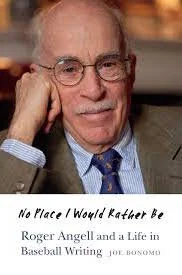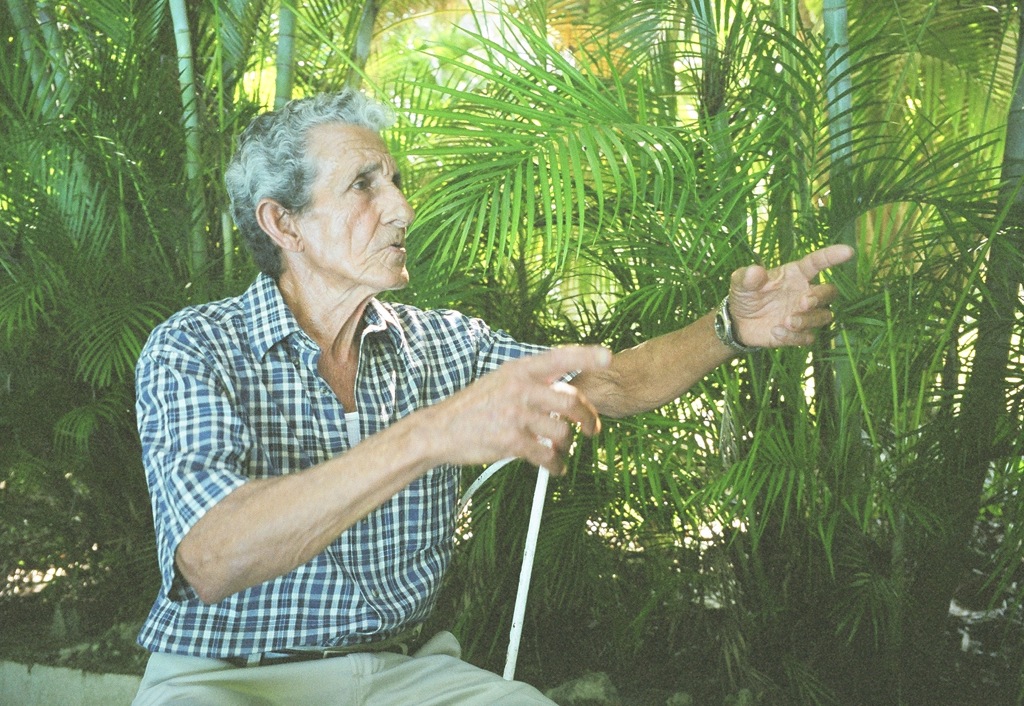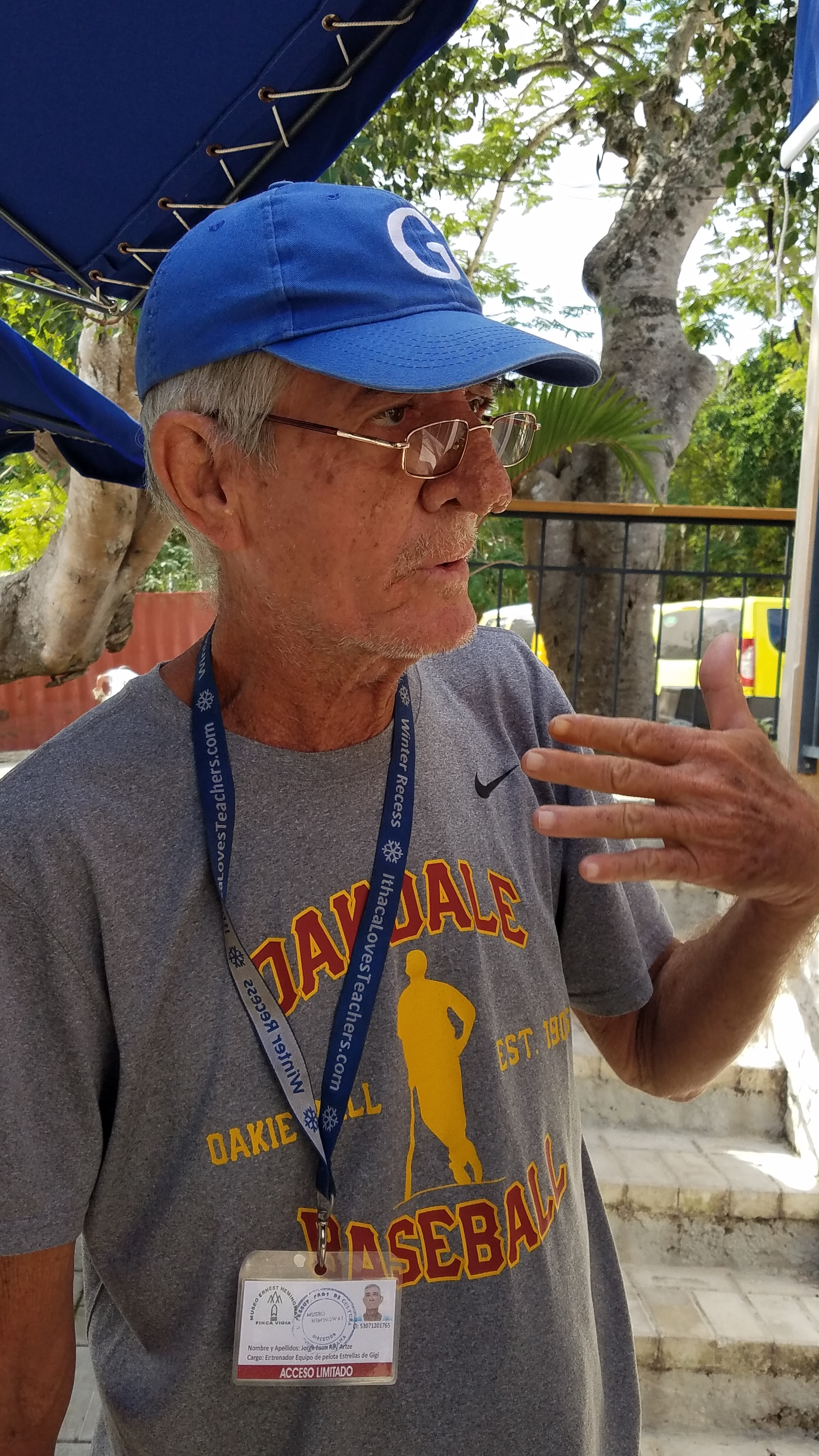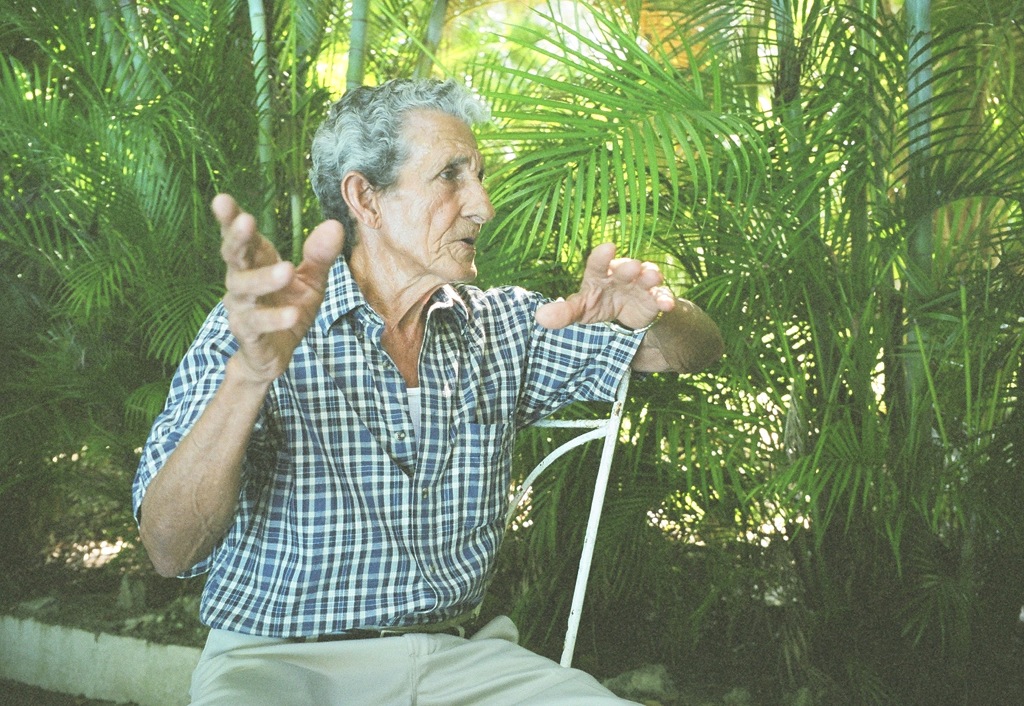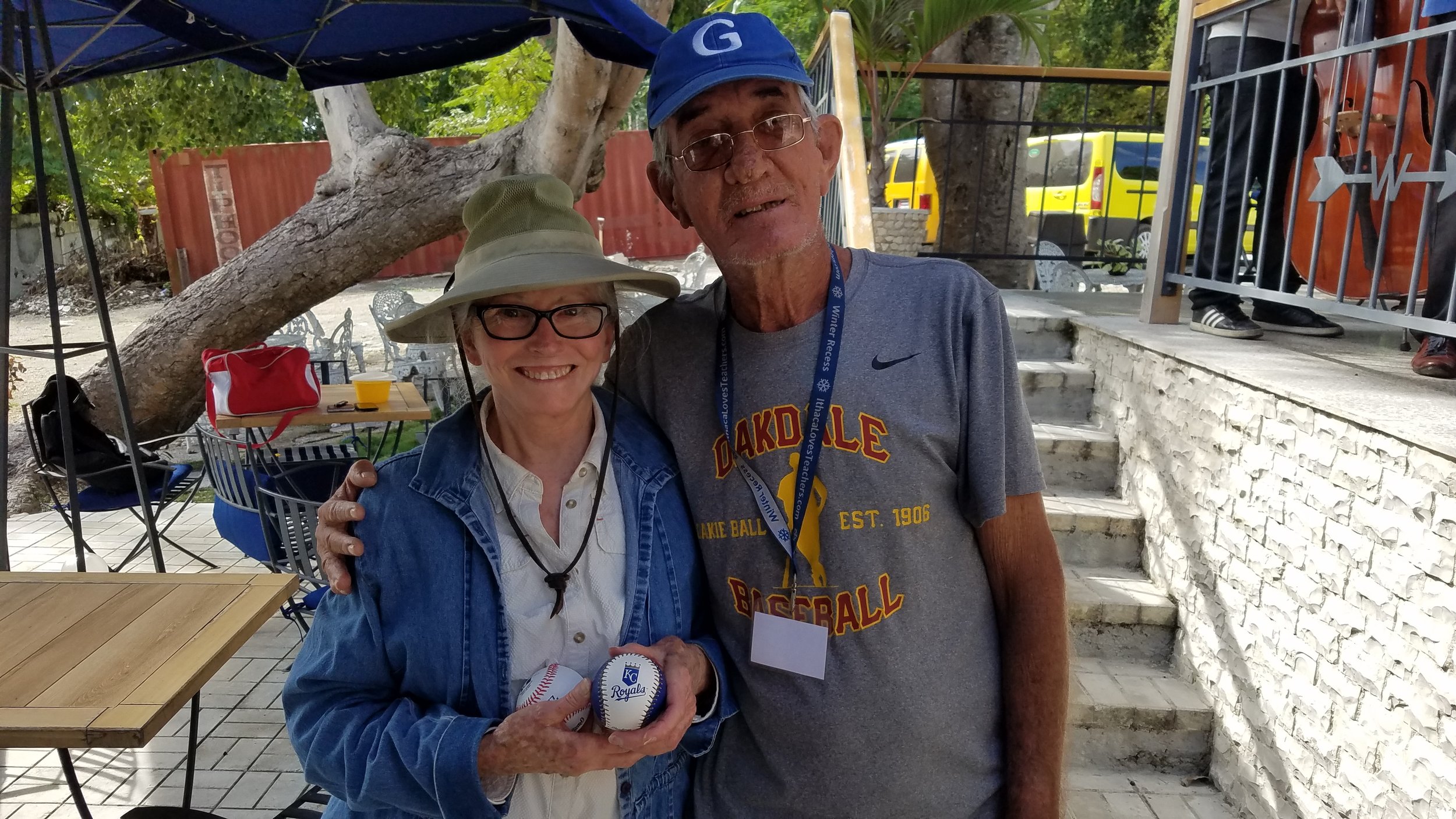A belated posting from earlier this year on the eve of the crucial vote that put a stop to the building of a baseball stadium in Kansas City’s arts district. For now. I think the ideas still hold. We’re still waiting for Plan B. The piece first appeared online at kcstudio.org
In the gallery above, scens both inside and outside the footprint of the proposed Royals stadium in the Crossroads Arts District.
By STEVE PAUL
(c) 2024, Steve Paul
Is it possible to be both a baseball fan and against the Kansas City Royals’ proposal to build a downtown park in the Crossroads Arts District? Well, why yes it is.
I went to the season-opening game on Thursday, not necessarily out of loyalty to the Royals but because a friend was in from out of town and wanted to go. As we sat there in the sunny upper deck, amid a sold-out crowd, the team largely displayed its all-too-frequent, uninspiring ways. (There’s hope for the team’s new starting pitchers and anxiety over a continued lack of offense and ineffective bullpen.)
But what I also thought about the enormous waste—economic and ecological—that would occur if Kauffman Stadium were imploded and scraped away, largely for the benefit of the football team that has shared the Truman Sports Complex for half a century.
Other than that, I’m not really opposed to further invigorating downtown with a baseball park. Nevertheless, like most of the people I know who have made the Crossroads synonymous with creative culture in Kansas City, I am opposed to the proposed location. Scraping and replacing the Kansas City Star’s modern printing plant (vintage 2006) seems like another waste, though one might empathize with the owners of the white (green) elephant who must’ve known they were taking a risk when they bought it and haven’t yet thought of anything else to occupy what could yet be a landmark building downtown.
I certainly understand some of the economic synergies that might occur. Foremost are the potentially lugubrious connections that this ballpark would make with the existing Power & Light “entertainment district” and the T-Mobile Center by way of the South Loop Park, which is envisioned to cap the highway in between it all. Perhaps this would alleviate some of the extra pressure that undoubtedly would occur in the neighboring blocks and businesses in and outside the ballpark’s proposed footprint. I’m hearing that one of the main beneficiaries of this vision would be the Cordish Cos., developer of Power & Light and the adjacent luxury high-rises, all of which are subsidized by an approximate $14 million annual contribution by the city (hello, taxpayers). But Cordish and their city protectors should not be calling the shots here.
Well, it should be no surprise to anyone who knows me—and this is not about me—that I am in solidarity with most of my artist and hospitality and Crossroads friends in standing against this big idea. A Crossroads baseball stadium wouldn’t necessarily destroy the neighborhood, but it would change it irrevocably. Which is why—this took a while to get here in real time—I’ll be voting no on extending the sports-sustaining three-eighths cents sales tax on Tuesday.
I’m not a sentimentalist, and I’m not opposed to change. I spent something like 45 years in the historic Kansas City Star building, which would still stand across 17th Street to the south of the stadium site, assuming its long-overdue redevelopment gets back on track and succeeds. My last office in the building directly overlooked the Brick across McGee Street, the quirky and lovely bar, grill and edgy music venue that will surely suffer during construction and after the neighborhood aura transforms to something that will probably be incompatible. OK, this is maybe sentimental: The Brick still serves burgers in the style of menu staples of its predecessor, The Pub, in the 1970s.
But why disrupt the clearly successful and organic growth of the creative-oriented Crossroads with a gargantuan, big-footed intruder from the world of sports. Next we’ll see an influx of betting parlors, right?
In the run-up to this late-breaking and ham-handed reveal of the Crossroads plan, the Royals led us to believe that they were seriously considering two other locations. One was in a largely industrial stretch of North Kansas City, and, frankly, people, I didn’t think this was as far-fetched of an option as it appeared. I mean, the site would have been in view of downtown and just across the Missouri River, and maybe we’d get water taxis or another bridge to go along with it.
The other site, the East Village, would’ve filled in a rather barren area northeast of City Hall and adjacent to the headquarters of J.E. Dunn, the contracting firm that, lo and behold, would probably build the stadium wherever it might go. Small town!
It’s clear that the Royals ownership was convinced—cajoled? hoodwinked?—into thinking that the East Village option would be more expensive than the Crossroads option, because with the latter they wouldn’t have to follow through with their promise to wrap in a new entertainment district surrounding a new stadium.
Granted, the East Village would be several more blocks away from Power & Light, and a new “entertainment district” might cannibalize the existing, tax-supported playground.
But I tend to operate in a mode of wishful-thinking idealism, and I can’t help but suggest that urban planning and architectural visionaries might be able to devise solutions that would help everyone, including the community of regular people and business owners who would most be affected by having a major league ball park in their front yards. Could there be mass-transit solutions connecting East Village with Power & Light? Of course. Could a lively street-level connection be developed to enhance the pedestrian experience from one location to the other? Surely.
For that matter, I still wonder whether it would make even more sense to build a new baseball stadium farther east in the Crossroads. This would create a logical synergy, efficiently connecting the Crossroads with the 18th and Vine District, perhaps even spurring a new east-west streetcar line. The Royals already have planted the Urban Youth Baseball Academy to the north of 18th and Vine. And the Negro Leagues Baseball Museum is on the verge of raising money to build a new, expanded facility in the district. Hello, does opportunity knock? Some sentimentalists might also recall when the old Municipal Stadium at 21st and Brooklyn, just a few blocks east of 18th and Vine, operated under clouds of Arthur Bryant’s barbecue smoke.
If the April 2 tax proposal goes up in smoke, as it were, here is what I’m hoping: The Royals (not so much the football team) will get the message that they have to do better (not just as a baseball team). Team officials did a lousy job, or no job at all, connecting with potential neighbors and stakeholders south of Truman Road. They did a lousy job of understanding the history and potential future of the Crossroads. They tossed a horrendously wild pitch.
The Royals’ principal owner, John Sherman, is a decent fellow with a proven record as a supporter of the Kansas City community. I know it’s fashionable to denounce him as a billionaire, but so effin’ what if his heart is in the right place. I’m hoping he hears through the noise of hyperbole and, if the no-vote prevails, comes to a better solution.
If the tax passes on Tuesday, I hope Sherman will do a better job of listening. And I also hope there will be time and inclination to mitigate the impact a stadium construction project would have on the Crossroads. I had a waking dream one recent night that stadium architects could somehow peel back the northeast corner of the bowl in order to preserve, protect, and even enhance the occupants of the east side of Oak Street, from Green Dirt at 16th to the Chartreuse Saloon at 17th. (Ha, more wishful thinking.) We’ll just have to see what if any effect would come, presuming this goes forward, under the late-announced plan to keep Oak Street open.
I’m pretty much in the camp that neither the Royals nor their Truman Sports Complex neighbors will be going anywhere else anytime soon. Will the Kansas side try to lure them? Will more lies be told to keep taxpayers in line? Sure and sure.
Let’s just hope that good sense wins out, and, after the teams and Jackson County lick their wounds, they’ll come up with a more palatable Plan B. That’s B, for baseball.




